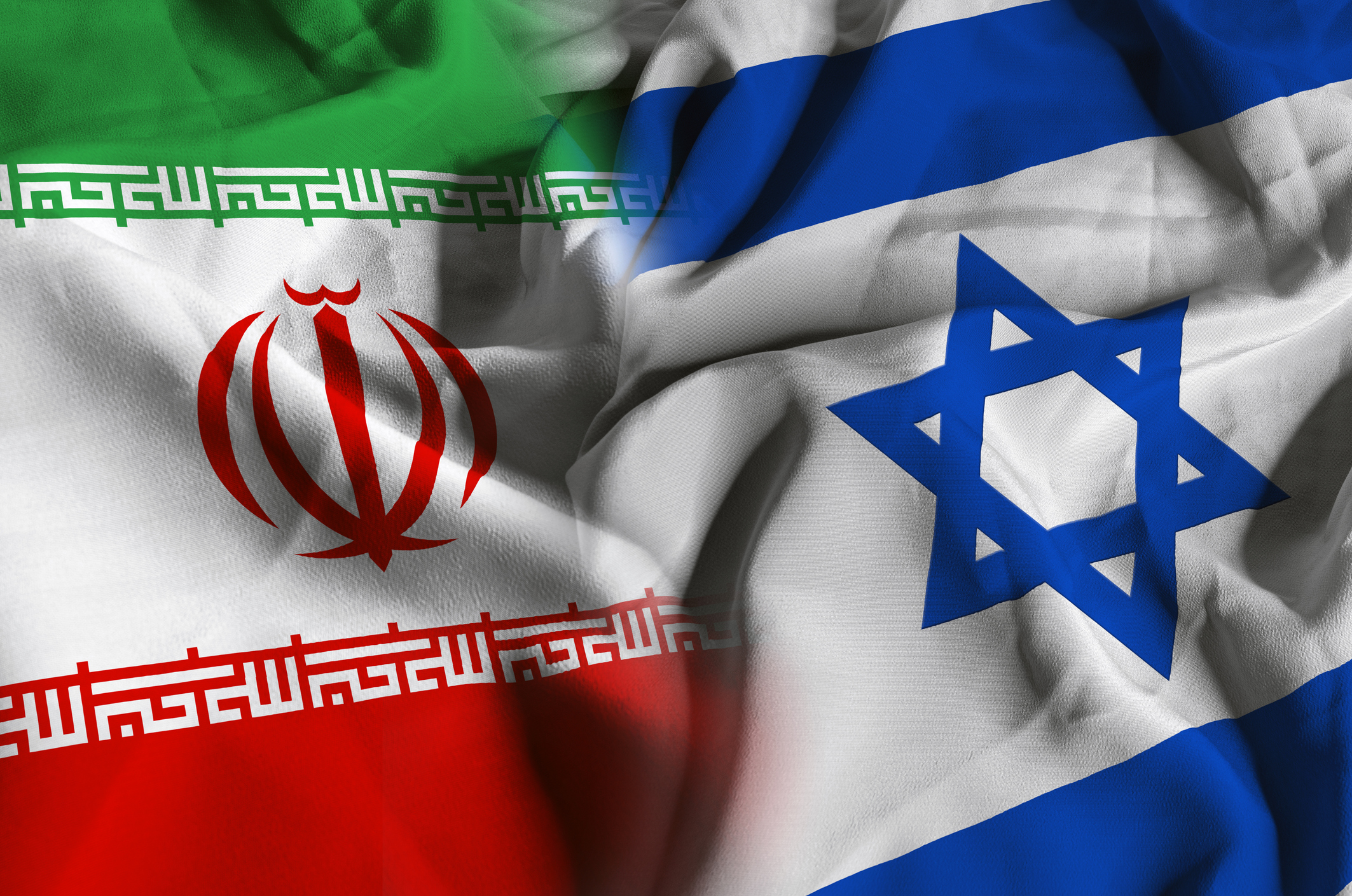World powers initiated high-stakes diplomatic efforts on Friday to defuse escalating tensions between Israel and Iran as the conflict entered its second week. Senior European diplomats met Iranian Foreign Minister Abbas Araghchi in Geneva, seeking to prevent further escalation.
The emergency talks come amid heightened military activity, with Israeli forces destroying three Iranian missile launchers poised to strike Israeli territory. Meanwhile, Iranian missiles continued targeting locations across Israel, including areas near major international companies in Beersheba. The Israeli Defense Forces confirmed that some Iranian missiles landed directly in Beersheba without interception, with one projectile falling near Microsoft facilities in the southern Israeli city.
Diplomatic Talks in Geneva
Senior diplomats from the United Kingdom, France, and Germany gathered with Abbas Araghchi in Geneva, accompanied by the European Union’s foreign policy chief. The negotiations aim to establish a two-week diplomatic window to de-escalate tensions, focusing on Tehran’s nuclear program.
These talks come amid rising global concern that the conflict could spiral into open warfare, destabilizing West Asia and precipitating a humanitarian crisis. The diplomatic push also serves as a prelude to next week’s NATO summit in The Hague, where regional security will be a key focus.
European officials underscored the urgency of dialogue, cautioning that continued military pressure on Iran risks regime collapse and widespread displacement. Meanwhile, Russia condemned Israel’s military actions, expressing support for Tehran and calling for peaceful resolutions.
U.S. President Donald Trump has maintained strategic ambiguity on American involvement, stating that a decision will be made within two weeks.
Escalation and Regional Impact
European officials highlighted the potential humanitarian fallout should Iran’s government collapse under sustained military pressure. Israel’s military campaign has expanded beyond conventional targets, hitting state institutions such as police headquarters and state television offices in Tehran.
Western and regional sources indicate that Prime Minister Benjamin Netanyahu aims not only to degrade Iran’s nuclear and missile capabilities but also to destabilize the core structures of Supreme Leader Ali Khamenei’s regime.
Divisions within the European Union
The European Union remains divided over the legitimacy of Israel’s military actions. While France, Germany, and Italy support Israel’s right to self-defense, other member states question the legal justification for offensive operations against Iran under international law.
The EU has called for restraint and adherence to international law, warning of severe risks, including radioactive contamination and widespread humanitarian consequences.
Russia’s Position and U.S. Ambiguity
Russia has strongly condemned what it terms Israel’s “unprovoked military assaults on a sovereign UN member state,” positioning itself as a proponent of diplomacy while backing Iran. The ongoing uncertainty from Washington, as President Trump weighs options, has left regional actors uncertain about the conflict’s trajectory.
The Human Rights Activists News Agency reports that Israeli airstrikes have resulted in 639 casualties in Iran.














